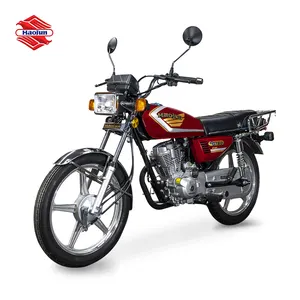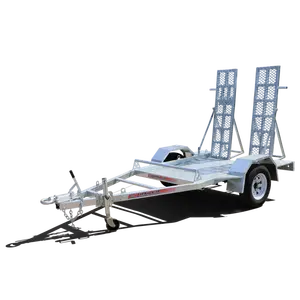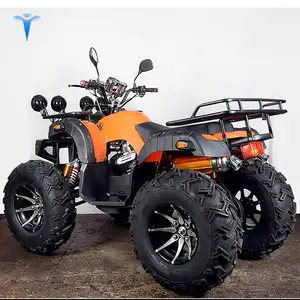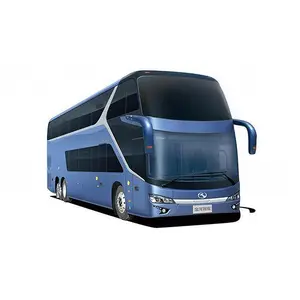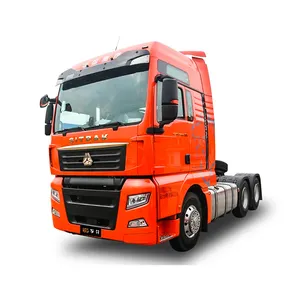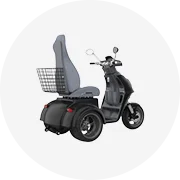Popular in your industry







































































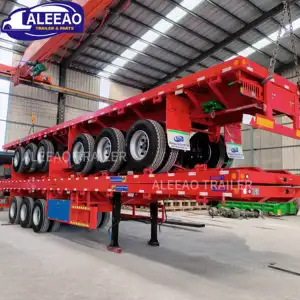





Related Searches:


























































































































































Top categories
About 20ft shipping container trailer
Understanding Shipping Container Trailers
Shipping container trailers are specialized vehicles crafted for the transportation of shipping containers—uniform metal boxes that store and convey goods. These trailers play a pivotal role in the logistics and supply chain sectors, offering a secure and efficient method for the long-distance movement of products. They are commonly utilized by freight companies, import/export enterprises, construction firms, and for the transfer of materials to and from ports.
The architecture of shipping container trailers is founded on the tenets of robustness, loading and unloading convenience, and adherence to safety regulations. Constructed to endure the demands of travel, including the heft and motion of shipping containers, these trailers often come with modifiable wheelbases and suspensions to fit various container dimensions and maintain equilibrium under different road conditions.
Shipping container trailers function by coupling with a truck or tractor, which supplies the propulsion needed for movement. The linkage between the trailer and the truck is generally established via a fifth-wheel coupling system. Once hitched, the truck's engine drives the trailer's wheels, enabling it to traverse the roads while complying with the necessary licensing and regulatory standards.
Not only are these trailers adaptable, but they also contribute to environmental sustainability by promoting the reuse of shipping containers, thereby curtailing the demand for new packing materials and diminishing waste. They can be tailored with extra features like security systems, tracking mechanisms, and climate controls to meet specific transport needs.
Varieties of Shipping Container Trailers
Shipping container trailers are available in diverse forms to cater to varying transport demands. Each variant is designed with particular attributes suited to its intended function:
-
Flatbed Trailers: Distinguished by their open deck, devoid of sides or a roof, flatbed trailers provide versatility in the loading and unloading process. They are frequently employed for the conveyance of bulky machinery and goods that are impervious to weather conditions.
-
Dry Vans: These sealed trailers safeguard cargo from the elements, such as precipitation and snow, making them perfect for the shipment of electronics, apparel, non-perishable foodstuffs, and other items that necessitate a moisture-free environment during transit.
-
Refrigerated Trailers: Known as reefers, these trailers maintain a controlled temperature setting and are essential for the transport of perishables like foodstuffs or pharmaceuticals that require constant temperatures.
-
Tanker Trailers: Tailored for the carriage of liquids or gases, tanker trailers feature cylindrical tanks and are optimal for the transport of fuels, chemicals, milk, and other liquid bulk. They are a common sight on highways, conveying both hazardous and benign substances.
-
Lowboy Trailers: Recognizable by their dual deck height drops—one just past the gooseneck and another before the wheels—lowboy trailers can haul taller equipment without breaching road height limits.
-
Heavy Haul Trailers: These trailers are designated for the transport of exceptionally heavy and large cargo that surpasses standard dimensions. Owing to the magnitude and mass of such cargo, special permits and escorts are typically necessary for heavy haul trailer operations.
Selecting the Right Shipping Container Trailer
Choosing the appropriate Shipping Container Trailer requires evaluating several factors to match your business objectives:
-
Payload Capacity: Gauge the maximum weight you plan to haul. This will dictate whether a flatbed, lowboy, or another type of specialized trailer is necessary to carry your load within legal weight constraints.
-
Material: Opt for a trailer constructed from resilient materials such as steel or aluminum that can endure tough conditions. The material should also resist corrosion to guarantee a prolonged lifespan.
-
Number of Axles: The number of axles required should be considered; it influences the trailer’s stability and load distribution. Additional axles offer enhanced support for heavier loads but may lead to higher upkeep expenses.
-
Suspension Type: Choose between mechanical and air suspension based on the terrain and typical road conditions of your operational area. Air suspension provides a gentler ride and is adjustable for varying loads, whereas mechanical suspension is more economical.
-
Tire Size: Tire specifications are crucial for safety and operational efficiency. Ensure the tires are suitable for the weight of your cargo and comply with local road regulations.
Discover Shipping Container Trailers on Alibaba.com
Alibaba.com distinguishes itself as a premier wholesale marketplace, linking businesses with an extensive array of shipping container trailers for diverse industrial applications. With a vast network of suppliers presenting offerings across nearly 5,900 categories, including over 200 related to commercial transport solutions, buyers can effortlessly locate what they need.
The platform's intuitive interface enables businesses to sift through options based on material quality, such as carbon steel or aluminum alloy, axle configurations like 3-axle or 4-axle setups, and even color preferences. This degree of personalization ensures that companies can find trailers that resonate with their specific operational demands—from sturdy enclosed models for secure transport to flatbeds tailored for oversized loads.
Alibaba.com's dedication to enabling international trade is apparent through features like mobile access and multilingual support. Alongside services such as Trade Assurance, which secures payments until delivery is confirmed—businesses can transact with confidence, knowing that quality is a top priority on this global stage. Whether seeking to augment your fleet or procure specialized trailers for unique shipping challenges, Alibaba.com presents an effective avenue for businesses in search of dependable transport solutions without the constraints of geography.
Frequently Asked Questions About Shipping Container Trailers
What are the principal types of shipping container trailers?
The principal types of shipping container trailers encompass flatbed, dry van, refrigerated, lowboy, and tanker trailers. Each category is engineered to support different cargo types and fulfill a range of transport requirements.
How can I identify the appropriate trailer type for my business's needs?
To identify the appropriate trailer type for your business, contemplate the nature of the cargo you will be hauling, the environmental conditions the trailer will face, and any specialized features you might need, such as refrigeration or particular load capacities.
What materials are prevalently used in the construction of shipping container trailers?
Shipping container trailers are predominantly constructed from materials like steel, iron, carbon steel, stainless steel, aluminum alloy, and fiberglass. The choice of material influences the trailer's sturdiness, weight, and environmental suitability.
Are there standardized sizes for shipping container trailers?
Indeed, standardized sizes for shipping containers exist, including 20-foot, 40-foot, and various high cube variants. These dimensions conform to international shipping norms and are universally accepted for goods transport.
Can shipping container trailers be tailored to specific business requisites?
Numerous suppliers provide customization options for shipping container trailers, allowing for alterations in trailer dimensions, materials, colors, and additional features like air suspension systems or specialized tires.
What considerations should I make regarding tire specifications when acquiring a shipping container trailer?
When evaluating tire specifications, consider aspects such as load capacity, prevailing road conditions, and typical climate patterns in your region. Tire choice can significantly affect the trailer's road performance and safety.
Why is the suspension type important when selecting a shipping container trailer?
The suspension type is a critical factor when selecting a shipping container trailer, as it must be compatible with the roads it will navigate. While mechanical suspension systems are reliable and widespread, leaf spring or air suspension systems offer a smoother journey, albeit at a higher cost.
What is the importance of material durability in a shipping container trailer?
The durability of the material is crucial as it determines the trailer's ability to withstand transportation stresses and its longevity before necessitating maintenance or replacement. Premium materials ensure extended service life and reduced upkeep costs.
How can I verify that the shipping container trailer adheres to safety standards?
To verify adherence to safety standards, check for certifications, confirm the supplier's industry affiliations, and ensure that the manufacturing process is in line with safety regulations.
What features are commonly included in a refrigerated shipping container trailer?
Refrigerated shipping container trailers may incorporate features such as temperature and humidity control, as well as monitoring systems to maintain cargo conditions throughout transit.
